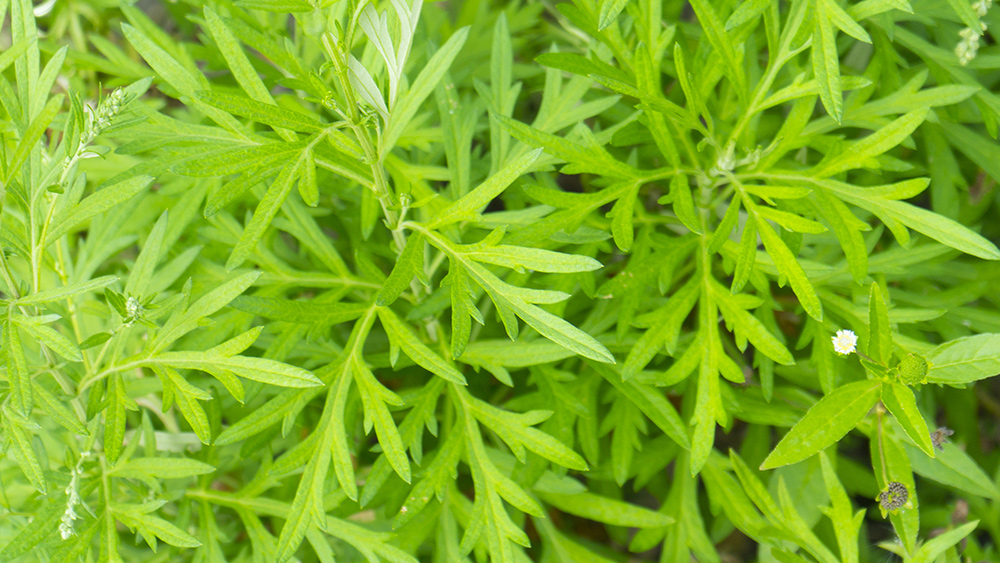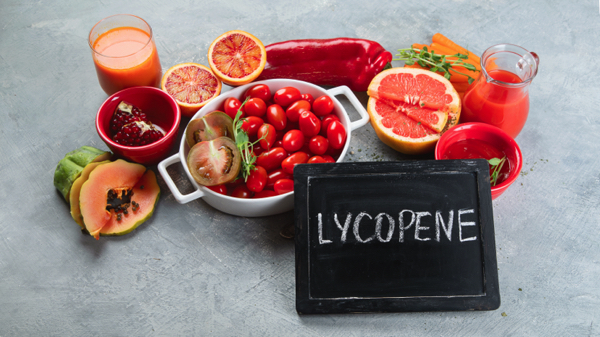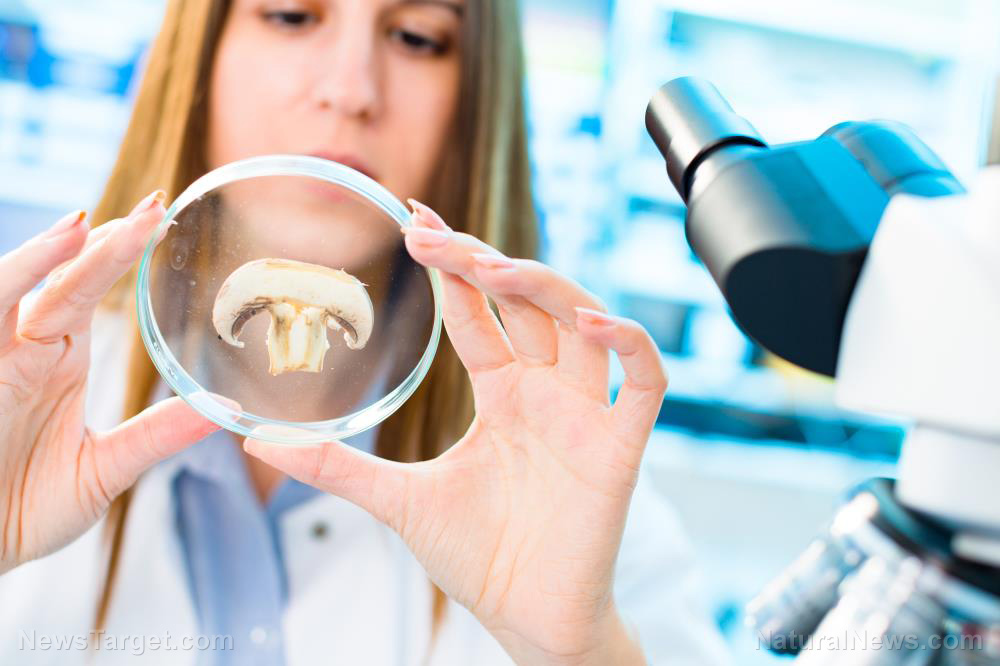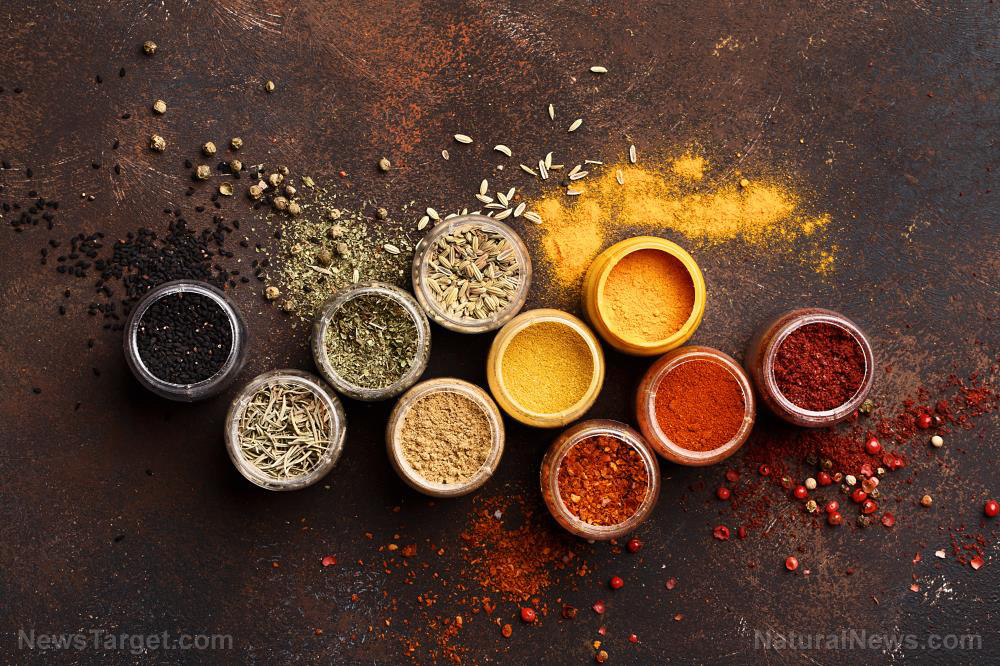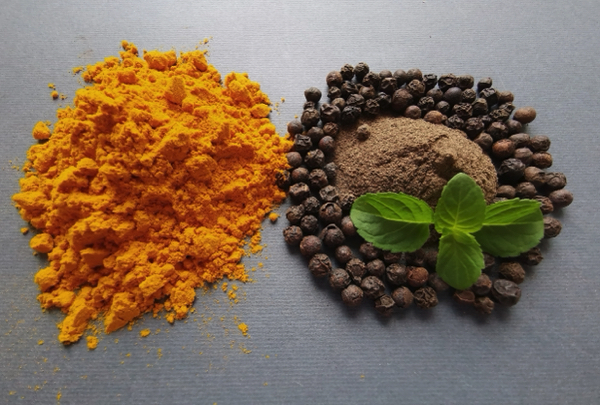The apoptotic and anticancer effects of cinnamon
09/03/2024 / By News Editors

Cancer rates are on the rise, and researchers are anxious to find possible alternative and herbal remedies to prevent and treat cancer. Conventional cancer treatments include chemotherapy and radiotherapy, both of which work to kill cancerous cells or arrest cancerous cell growth but have numerous negative side effects.[i],[ii]
(Article republished from GreenMedInfo.com)
However, a recent study published in the European Journal of Medicinal Chemistry concluded that eugenol and cinnamaldehyde, two of the active ingredients in cinnamon, have powerful apoptotic properties that could be used to fight the growth and regeneration of cancerous cells. Researchers believe that cinnamon, widely used as a spice and flavoring agent, may be a possible preventative agent and treatment for cancer.
Cinnamon’s Apoptosis Effects
Apoptosis is programmed cell death caused by biochemical changes, and it’s a normal part of cellular growth and development. However, too much apoptosis can lead to dangerous conditions including Alzheimer’s and Parkinson’s disease, while too little apoptosis can lead to the uncontrolled growth of abnormal cells (cancer).[iii]
Cancerous cells are usually able to avoid apoptosis, allowing them to survive and grow rapidly. The pro-apoptotic activity of cinnamon makes it a potential inhibitory measure against cancer cell growth.[iv] Researchers have concluded that there are three ways in which an abnormal cell can suppress or avoid apoptosis, including:
- The impaired balance of pro-apoptotic and anti-apoptotic proteins
- A dysfunction in the ability of the cell to detect death receptor signaling
- Decreased caspase (an enzyme that initiates cellular death) activity
Cinnamon contains two compounds that may regulate these apoptotic functions:
1. Eugenol
One of cinnamon’s active ingredients, eugenol both induces and regulates apoptosis in cancerous cells. Eugenol may also up-regulate the amount of caspase activity, further prompting appropriate cellular apoptosis.
In this study, pre-treatment doses of eugenol resulted in a 1.5-fold increase in the apoptotic index of cancerous cells. Finally, eugenol also works to mitigate any imbalances between the pro-apoptotic and anti-apoptotic proteins. [v] [vi]
2. Cinnamaldehyde
Similarly to eugenol, cinnamaldehyde is an organic compound that gives cinnamon its color, flavor and smell, up-regulates pro-apoptotic proteins and down-regulates anti-apoptotic proteins. This regulation of the balance of these important proteins gives cinnamaldehyde its anti-proliferative effects on cancerous cells.[vii]
Cinnamon Suppresses Tumor Growth
Of significant importance is cinnamon’s ability to reduce tumor growth. Essential oil of cinnamon has been shown to suppress the growth of cell factors in carcinoma cells.[viii] Additionally, researchers found:
“Oral or intra-tumoral injection of [cinnamon extract] to a mouse melanoma model significantly reduced tumor growth after 22 days of therapy as determined by tumor weight measurement. [Cinnamon extract] suppressed metastasis occurrence by decreasing weight and dimension of spleen drainage and lymph nodes compared to the control.”[ix]
As cancer prevalence becomes more widespread, researchers are excited at the possibility of using herbal or alternative medicinal treatments to treat and prevent cancer. That cinnamon contains such potent apoptotic and antitumor effects and is widely available is promising in the continued search for cancer treatment and prevention.
Read more at: GreenMedInfo.com
Submit a correction >>
Tagged Under:
alternative medicine, anticancer, disease treatments, food cures, food is medicine, food science, health science, herbal medicine, Herbs, natural cures, natural health, natural medicine, Naturopathy, Oncology, phytonutrients, remedies, research, Xpost
This article may contain statements that reflect the opinion of the author
RECENT NEWS & ARTICLES
Herbs.News is a fact-based public education website published by Herbs News Features, LLC.
All content copyright © 2018 by Herbs News Features, LLC.
Contact Us with Tips or Corrections
All trademarks, registered trademarks and servicemarks mentioned on this site are the property of their respective owners.




